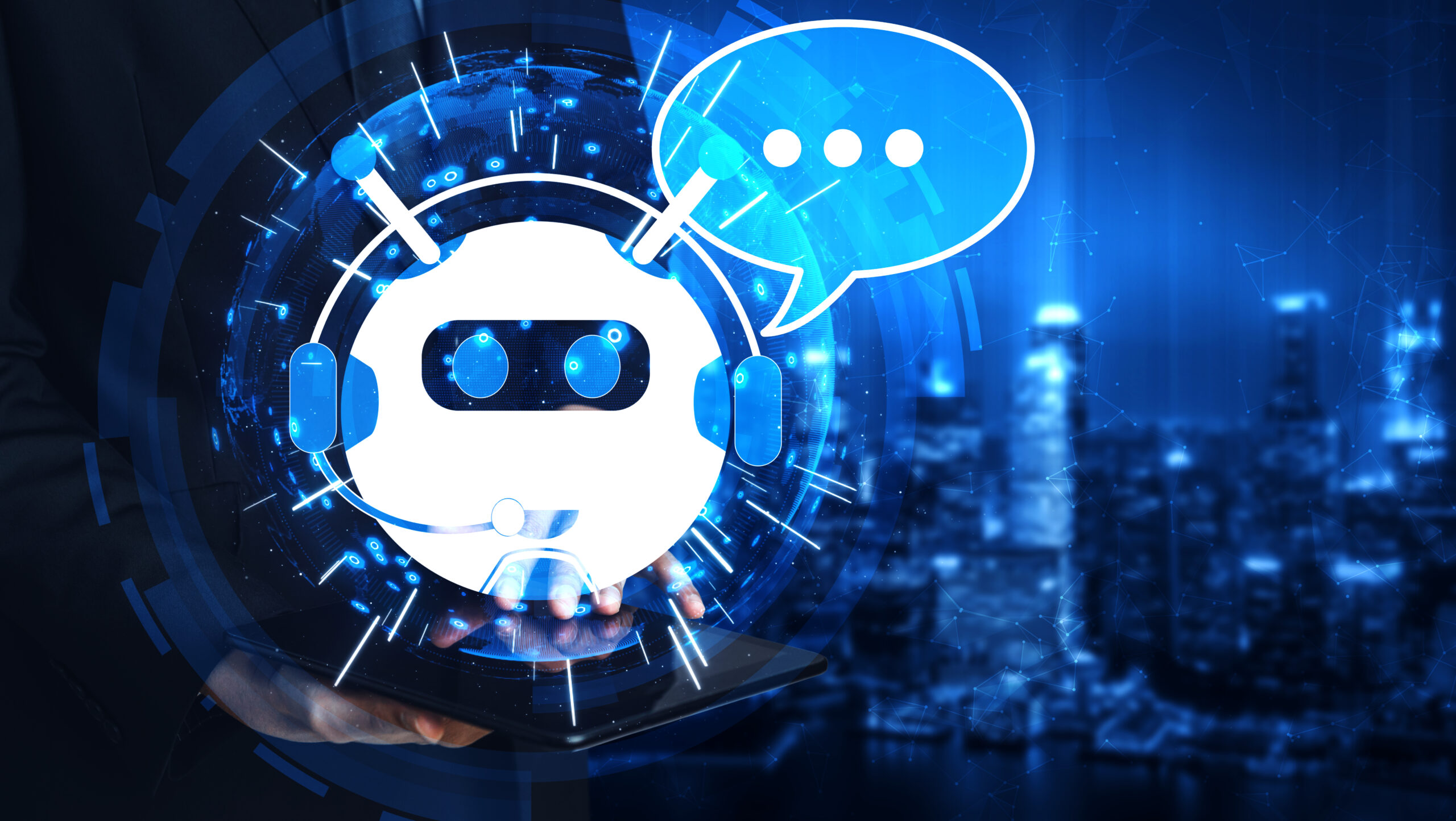Automated chatbots have become integral to our digital interactions, assisting us in customer support, answering queries, and even providing companionship. These AI-powered bots have the potential to enhance the user experience and streamline processes across various industries. However, with great power comes great responsibility. The development and deployment of chatbots raise significant ethical considerations that must not be ignored.
Automated chatbots, often powered by artificial intelligence and natural language processing, are computer programs designed to engage in conversations with humans. This can be found in customer service, healthcare, e-commerce, and numerous other sectors. These chatbots can simulate human-like interactions and offer 24/7 availability, making them increasingly popular.
The Ethical Imperative of Automated Chatbots
Ethical considerations in chatbot development are crucial because they impact users’ trust, privacy, and overall well-being. Unethical chatbot behaviour can lead to misinformation, privacy breaches, and bias in decision-making. Developers have a moral responsibility to ensure chatbots are designed and used ethically.
Key Ethical Considerations While Developing Automated Chatbots
● Privacy and Data Security
Privacy is paramount in the digital age. Chatbots often collect and process user data, such as personal information and conversation history. Ensuring robust data security measures and clear data usage policies are essential to protect user privacy.
● Transparency and Accountability
Users should know when they are interacting with a chatbot. Transparency in chatbot interactions is vital to maintaining trust. Additionally, developers must be accountable for chatbot actions and decisions, especially in critical situations.
● Bias and Fairness
Chatbots can inadvertently perpetuate biases present in their training data. Developers must carefully curate and review training datasets to mitigate bias. Algorithms should be designed to provide fair and equitable responses, regardless of user demographics.
● User Consent and Control
Users should have the ability to provide informed consent for engaging with chatbots. They should also control when and how they interact with these automated systems. Consent and control options empower users and respect their autonomy.
Best Practices for Ethical Chatbot Development
● Cross-functional Teams
Assemble diverse teams with various perspectives, including ethicists, to assess potential ethical issues. Collaboration can help identify and address concerns effectively.
● Continuous Monitoring and Testing
Regularly evaluate chatbot behaviour and decision-making to identify and correct biases and inappropriate responses. User feedback loops can be invaluable in this process.
● Ethical Guidelines and Standards
Adhere to existing ethical guidelines and standards for AI and chatbot development. Industry best practices can serve as a foundation for ethical decision-making.
Conclusion
The development and use of automated chatbots come with significant ethical responsibilities. By prioritizing privacy, transparency, fairness, and user control, we can harness the potential of chatbots while safeguarding the values we hold dear. Ethical considerations should be at the forefront of chatbot development to ensure a future where these AI-powered assistants enhance our lives ethically and responsibly.

